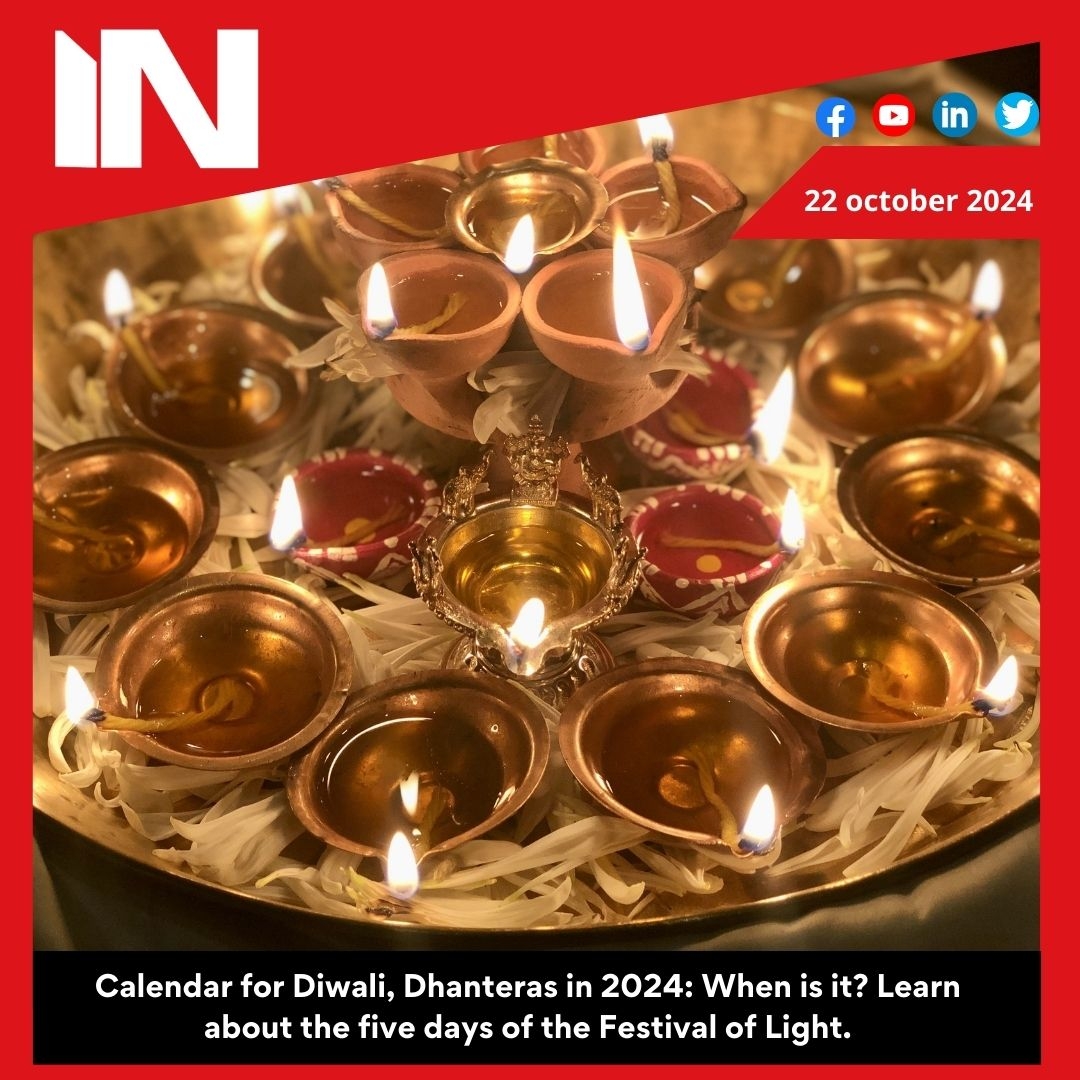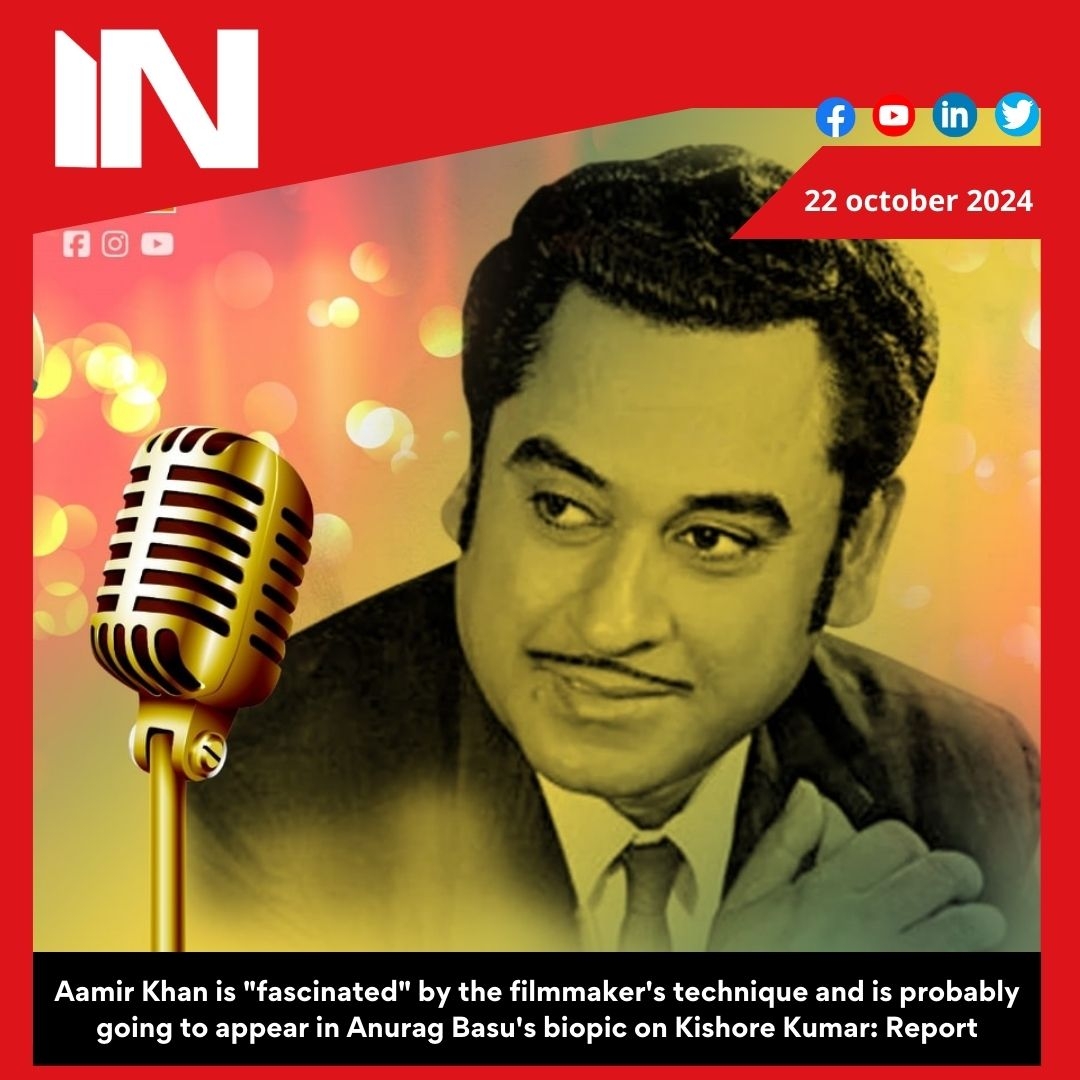health and remedies
Study: Maternal obesity more accurately predicts risk of heart disease than pregnancy issues.
Maternal health during pregnancy is a critical factor in the well-being of both the mother and the child. While a range of issues can arise during pregnancy, new research suggests that maternal obesity may be a more accurate predictor of heart disease risk than specific complications during pregnancy. This study sheds light on the long-term health implications of obesity and emphasizes the importance of addressing this public health concern. In this blog, we’ll explore the findings of this study and their broader implications.
A Stronger Predictor of Heart Disease Risk than Pregnancy Complications
A recent study published in a medical journal has attracted attention for its focus on maternal obesity and its impact on future heart disease risk. Researchers conducted a retrospective analysis of medical records of women who had given birth in the past decade, tracking their health outcomes over time. The study found that maternal obesity is a more robust predictor of heart disease risk than specific pregnancy complications like gestational diabetes or pre-eclampsia.
Key Findings
- Long-term Risk: The study’s findings suggest that maternal obesity is associated with a significantly higher risk of heart disease in the years following pregnancy. This highlights the importance of addressing obesity as a long-term health concern, not just a temporary condition associated with pregnancy.
- Preeclampsia and Gestational Diabetes: While preeclampsia and gestational diabetes are well-known complications of pregnancy that can impact maternal health, the study found that these conditions did not have as strong a correlation with future heart disease risk as maternal obesity.
- Weight Management: The study underscores the importance of proactive weight management for women before, during, and after pregnancy. It highlights that addressing obesity may have a more significant impact on reducing heart disease risk than solely focusing on managing specific pregnancy-related complications.
Implications
- Public Health Focus: Maternal obesity is a critical public health issue that extends beyond pregnancy. This research reinforces the need for society and healthcare systems to prioritize weight management and obesity prevention strategies to reduce the long-term health risks associated with obesity.
- Holistic Approach: Healthcare providers should consider a holistic approach to maternal health that includes not only addressing pregnancy-related issues but also focusing on a woman’s overall well-being, including weight management and cardiovascular health.
- Education and Support: Women planning to become pregnant or already expecting should receive information, education, and support regarding the importance of maintaining a healthy weight before and after childbirth. Health professionals can play a vital role in providing guidance and resources.
The findings of this study highlight the critical role that maternal obesity plays in predicting future heart disease risk, even more so than specific pregnancy complications. This research serves as a call to action for healthcare providers, policymakers, and society as a whole to prioritize the prevention and management of obesity to safeguard the long-term health of women and reduce their risk of heart disease. Addressing this public health issue early can lead to healthier mothers, healthier pregnancies, and ultimately healthier families.
Group Media Publications
Entertainment News Platforms – anyflix.in
Construction Infrastructure and Mining News Platform – https://cimreviews.com/
General News Platform – https://ihtlive.com/
Podcast Platforms – https://anyfm.in
health and remedies
How to stay fit during Diwali 2024: Diet tips, easy workouts, tricks to manage stress during the festive season

Staying on track with your fitness goals during Diwali season can be challenging. These expert-recommended tips can help you stay active amid the festivities.
Diwali 2024: How can you stop feeling bloated, tired, and stressed out during the festive season? What should you eat at Diwali parties? How can you stay fit and look your best? If you, too, are wondering how to stay healthy during the festive season and control your calorie intake while also eating and doing what you want, you have come to the right place. Also read | Dussehra to Diwali holiday health tips: Stress management during the festive rush
Even the most disciplined people can find it difficult to stick to their health routines during the festive season. But you can make things different this year. All that eating and socialising does not have to set you back on your fitness goals.
To help keep you on track, we’ve enlisted the aid of leading experts in health, fitness and nutrition for some much-needed advice. If you tend to get a little anxious around the festive season, don’t miss these simple tips and tricks to follow:
Nutrition and diet tips for Diwali festivities
Payal Kothari, nutritionist and author of The Gut, has shared with HT Lifestyle her tips on how to enjoy Diwali parties without compromising gut health. She says, “The festive season is filled with irresistible treats and family gatherings, but it doesn’t mean you have to compromise on your health goals.”
She suggests opting for healthier alternatives without missing out on the joy of eating; but the key word there is balance. “Choose nutrient-dense snacks like roasted nuts, baked samosas, and fresh fruit platters over fried foods. Moderation is key — enjoy your sweets, but keep portion sizes in check,” Payal says.
Dr Kiran Soni, head of the department of Nutrition and Health at Yatharth Hospitals Greater Noida, adds that to maintain health and fitness during Diwali, you should focus on portion control rather than completely rejecting your favourite dishes.
“Fill your plate primarily with vegetables and lean proteins, leaving smaller portions for sweets and fried items. Stay hydrated; when attending parties, eat a small protein-rich snack beforehand to avoid overindulging,” she says.
Another one of your non-negotiables this festive season should be staying hydrated. Payal says, “Focus on staying hydrated by drinking plenty of water, herbal teas, and infused water to flush out toxins and curb overeating. Drink soup at home if you can, and then head out, or eat a small protein meal before heading out.”
Easy workouts to fit into your festive schedule
It’s not easy to fit in your workouts during the festive season, but even if exercise isn’t quite your top priority during the month of October, you can still move to stay active. Dr Soni says, “Maintaining physical activity is crucial during the festive season. Aim for short, high-intensity workouts when time is limited. Consider morning yoga or stretching sessions to energize your day. Take walks after heavy meals to aid digestion and burn calories.”
Payal recommends short, effective workouts, such as a 15-20-minute HIIT session, 20-30 burpees yoga stretches, or even a brisk walk. She says, “If you’re attending family gatherings or parties, use the opportunity to stay active—dance during celebrations. Being the first one to initiate the moves on the dance floor can help digest the extra food and burn those calories. Or go for a walk with your loved ones. Even 10 minutes of stretching in the morning can improve your energy levels and help you feel your best.”
How to manage stress during the festive season
Diwali season can bring a lot of stress and strain on your mental health, ranging from mild annoyances to the types of anxieties that keep you up at night. And as you probably know, exercise is a great way to relieve all of that. Another truth: what you eat matters too.
Payal suggests adding mood-boosting and stress-relieving foods to your diet, like dark leafy greens, almonds, and foods rich in Omega-3s, such as chia seeds and flaxseeds. She says, “Soups are great for gut-brain health.”
Dr Soni adds, “Managing stress is essential for overall well-being during busy festive periods. Incorporate stress-reducing foods into your diet, such as foods rich in omega-3 fatty acids (like fatty fish, walnuts, and flaxseeds), complex carbohydrates (whole grains, vegetables), and magnesium-rich foods (leafy greens, legumes). Prioritise sleep and maintain a consistent sleep schedule as much as possible.”
Other coping mechanisms? “Practise mindfulness by incorporating short meditation or deep breathing exercises into your day, even if it’s just for five minutes. Prioritise quality sleep, and try to set aside a few moments of ‘me time’ to recharge. By making these small adjustments, you can enjoy the festivities guilt-free while maintaining a balance between health and celebration,” Payal says.
Group Media Publications
Entertainment News Platforms – anyflix.in
Construction Infrastructure and Mining News Platform – https://cimreviews.com/
General News Platform – https://ihtlive.com/
-
.jpg)
.jpg) Politics2 weeks ago
Politics2 weeks agoNew BJP government to take oath in Haryana on Oct 17, PM Modi to attend
-

 india1 week ago
india1 week ago‘My support will be with new J&K govt’: L-G Manoj Sinha ahead of Omar Abdullah’s oath-taking ceremony
-

 Sports6 days ago
Sports6 days agoScore for the third day of the first test between India and New Zealand: Ravindra-Southee crushes IND, NZ leads by 299 at lunch
-

 Entertainment.1 week ago
Entertainment.1 week agoMassive data breach at Game Freak studios reveals shocking new dark Pokemon movie plot
-
.jpg)
.jpg) india2 weeks ago
india2 weeks agoNavratri special | Puja pandals in Lucknow ready to welcome Maa Durga
-
%20(3).jpg)
%20(3).jpg) Business2 weeks ago
Business2 weeks agoVirat Kohli pays tribute to Ratan Tata, Jay Shah ‘deeply saddened’ by veteran industrialist’s demise
-

 spotlight2 weeks ago
spotlight2 weeks agoBCCI avoided a costly Umran Malik mistake by using Mayank Yadav as pacer peppers speedguns on debut.
-
.jpg)
.jpg) Festival2 weeks ago
Festival2 weeks agoSena vs Sena showdown in Mumbai on Dussehra as poll fever rises









.jpg)








